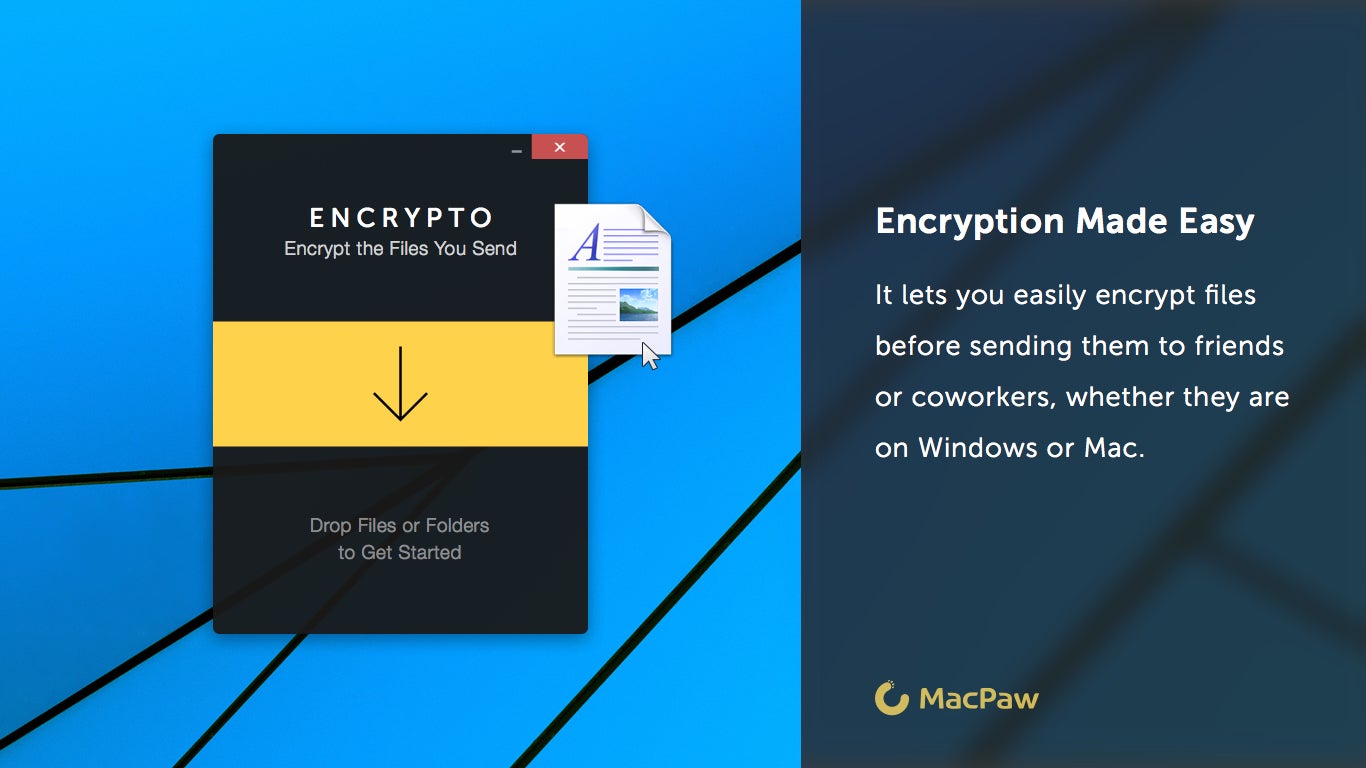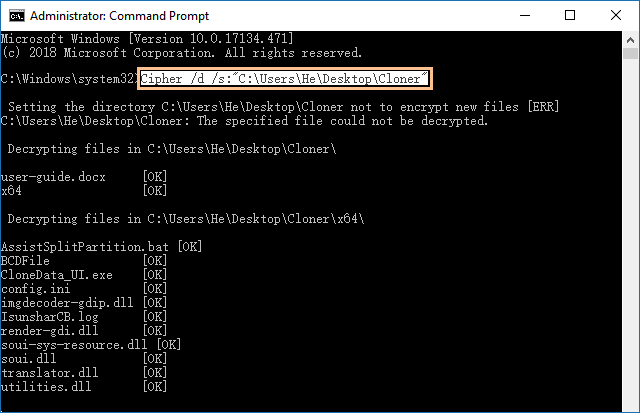

This can be found in the openssl source at apps/enc.c. 7-Zip is a free, open source, cross-platform compression and encryption utility that neither requires registration or any kind of payment to use, even in a commercial environment. You'll be asked for a password, which you have to input twice.ĭecrypt: openssl aes-256-cbc -d -in encrypted_file -out unencrypted_fileġ openssl enc uses the digest function defined by the -md option (default md5) and invokes function EVP_BytesToKey() with an iteration count of 1.

If you chose a password "123456", then you will have very little security.Įncrypt: openssl aes-256-cbc -salt -in unencrypted_file -out encrypted_file NOTE: the password that you enter here will be processed by one MD5 iteration 1. It's free (in money and in freedom), unlike Truecrypt, which is only free in money. Old answer for users who are able to chose good keys, see note belowįor single files, openssl is very useful, especially when sending the file over an unsecured channel (e.g. In order to avoid that, use -no-symkey-cache option as described in a related answer. Note that gpg caches the symkey by default (documented behavior).
Example usage of symmetric encryption: gpg -symmetric encrypted_fileĭecryption: gpg -decrypt decrypted_file Thus, an encryption scheme using passwords should use a key-derivation function that takes more resources (time, memory) to slow down brute-force attacks.įor a description of GnuPG's KDF, see this Crypto Stack Exchange post. It is important to realize that most people are very bad at choosing strong passwords. See djeikyb answer on this page for asymmetric key usage.įor symmetric encryption, the encryption and decryption keys are equal. Asymmetric crypto involves a two keys, a public key for encryption and a private key for decryption. GnuPG (GPG) can use asymmetric and symmetric encryption.


 0 kommentar(er)
0 kommentar(er)
